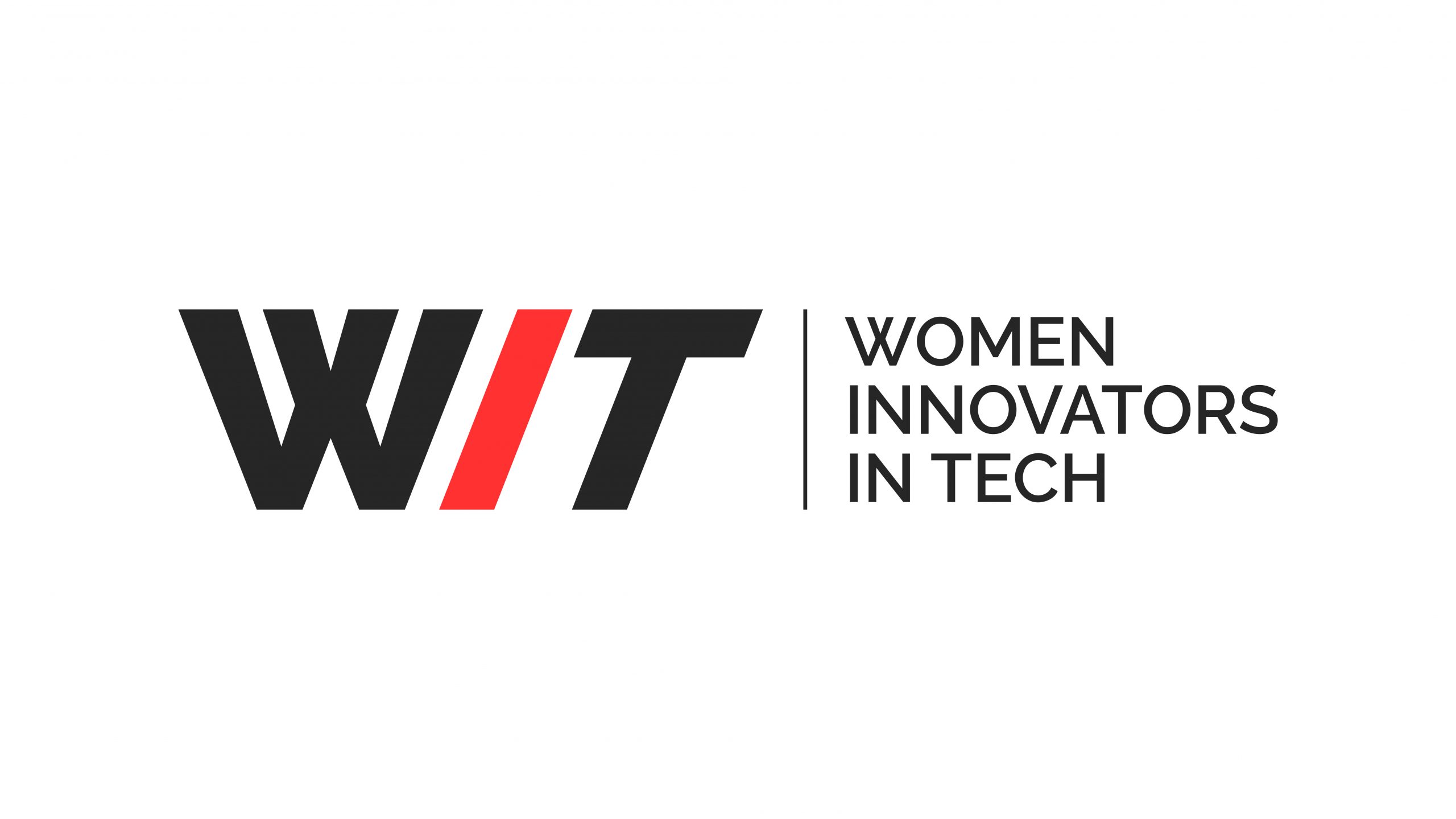In today's rapidly evolving digital landscape, the tech industry stands at the forefront of innovation and economic growth.
However, despite significant strides in recent years, women in tech continue to face numerous challenges that hinder their full
participation and advancement in this critical sector. From gender biases to lack of representation and support, the barriers are
multifaceted and complex. Addressing these challenges is essential not only for fostering gender equality but also for ensuring
the industry thrives through diverse perspectives and talents.
1. Underrepresentation in Leadership Roles
According to a report by McKinsey & Company, women hold just 21% of executive roles in tech companies. This lack of
representation at the top creates a cycle where there are fewer role models and mentors for aspiring female tech professionals.
Additionally, it perpetuates a culture that may not prioritize or understand the unique challenges faced by women, further
hindering their advancement.
2. Pay Gap and Inequality
On average, women in tech earn less than their male counterparts, even when accounting for similar roles and experience levels.
This disparity not only affects women's financial stability but also reflects broader systemic inequalities. Efforts to close the pay
gap must address both overt pay discrimination and the more subtle factors, such as the undervaluing of roles typically held by
women and the lack of transparency around salary negotiations.
3. Work-Life Balance and Parental Leave
Balancing work and personal life is a challenge for many professionals, but it can be particularly difficult for women in tech. The
demanding nature of tech jobs, coupled with the industry's fast-paced environment, often leaves little room for flexibility.
Women who take time off for maternity leave or caregiving responsibilities may find it challenging to re-enter the workforce or
advance their careers at the same pace as their male counterparts. Companies that do not offer adequate parental leave or flexible
working arrangements further exacerbate this issue.
4. Lack of Mentorship and Networking Opportunities
Mentorship and networking are crucial for career development, yet women in tech often have limited access to these resources.
Male-dominated environments can make it difficult for women to find mentors who understand their experiences and can provide
relevant guidance. Additionally, networking opportunities, which are vital for career growth and job opportunities, may be less
accessible or inclusive for women. Creating supportive networks and mentorship programs specifically aimed at women can help
bridge this gap.
5. Imposter Syndrome
Imposter syndrome, the feeling of being a fraud despite evident success, is prevalent among women in tech. This psychological
barrier can stem from being in the minority and facing constant scrutiny. Women may doubt their abilities and hesitate to pursue
opportunities or take on leadership roles, fearing they are not truly qualified. Addressing imposter syndrome requires both
individual and organizational efforts to build confidence and create an inclusive environment where women's contributions are
valued and recognized.
The challenges faced by women in tech are deeply rooted and multifaceted, requiring concerted efforts from individuals,
organizations, and the industry as a whole to address. By acknowledging and actively working to dismantle these barriers, the
tech industry can move towards a more equitable and inclusive future. This involves promoting gender diversity, implementing
fair pay practices, providing mentorship and networking opportunities, fostering a supportive work environment, and addressing
gender biases at all levels. Through these efforts, we can ensure that women in tech have the opportunity to thrive and contribute
their unique perspectives to the industry's ongoing innovation and success.

Please wait, loading...